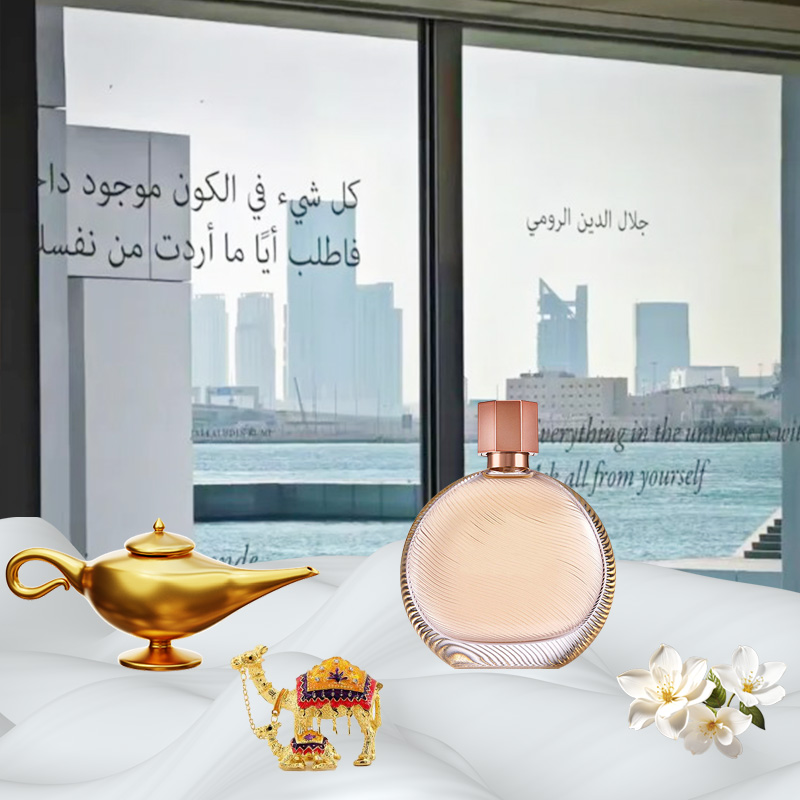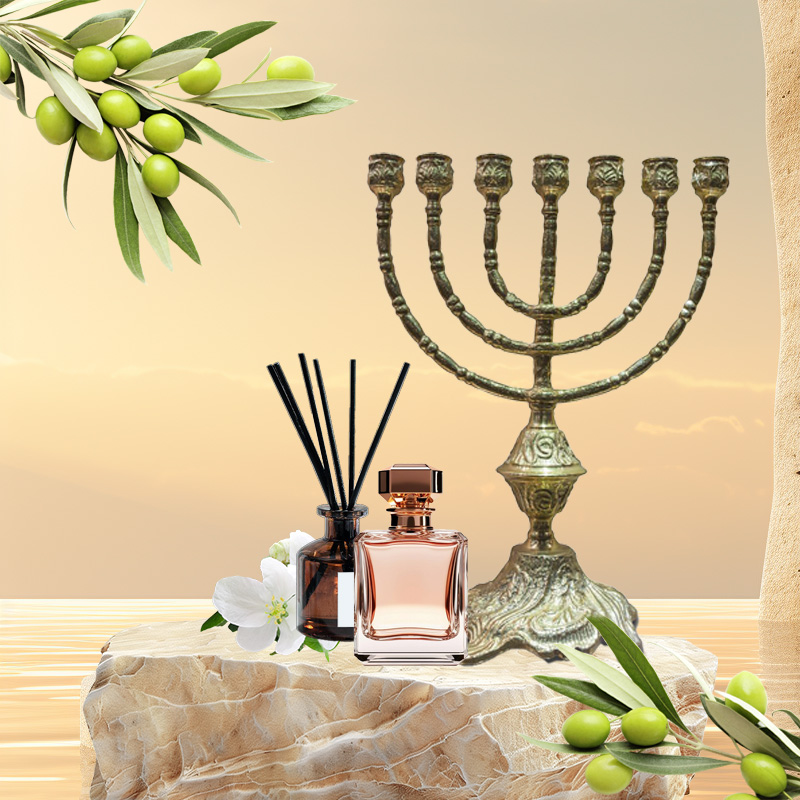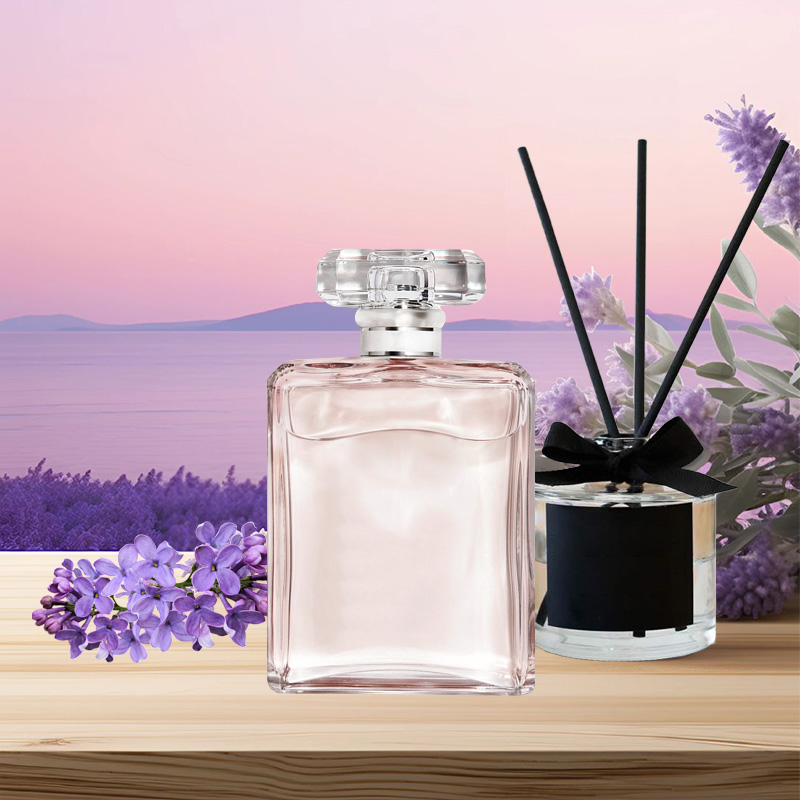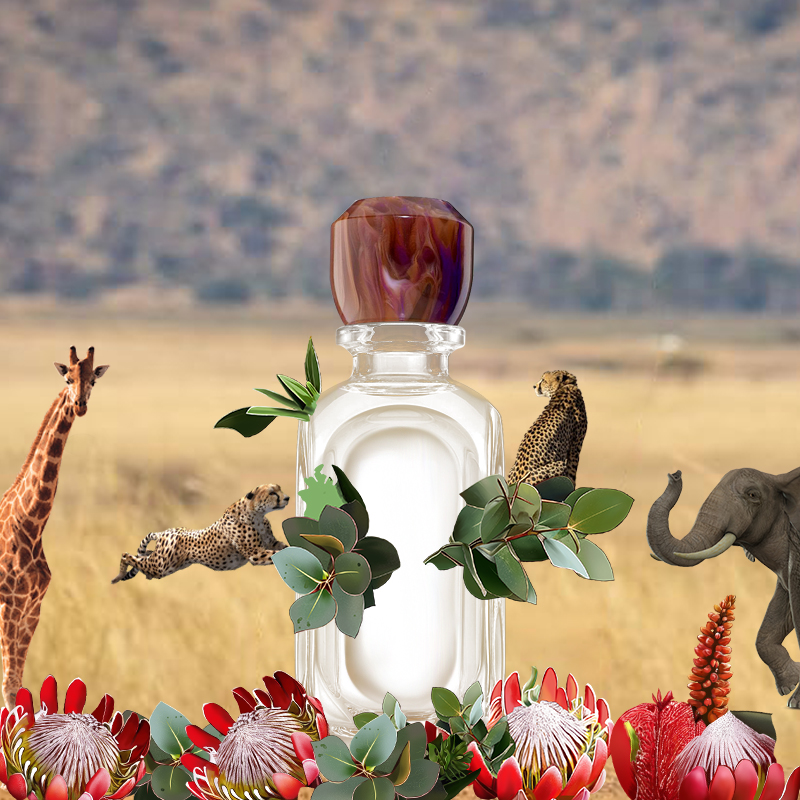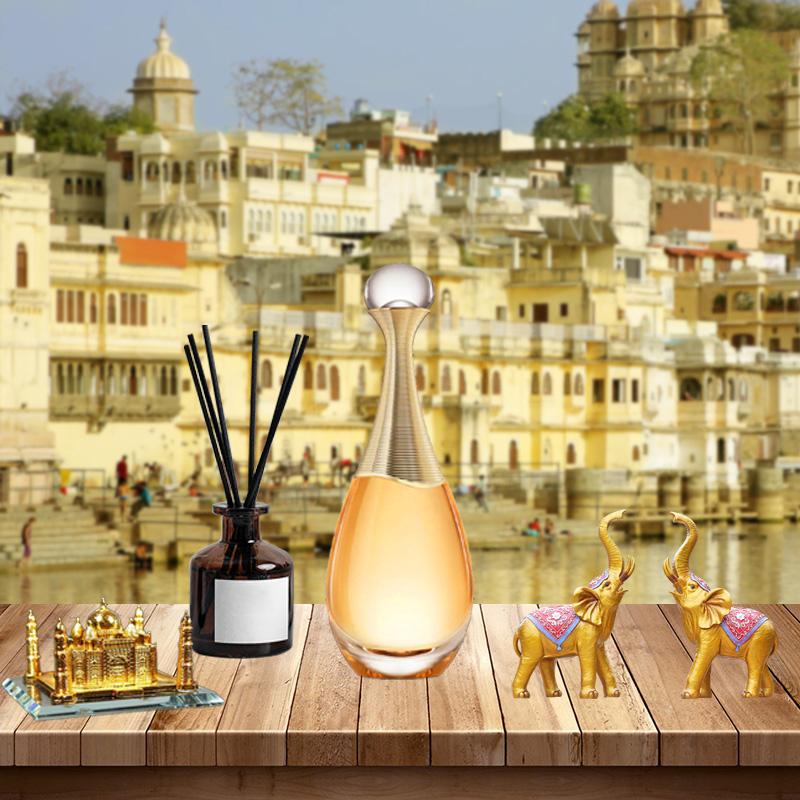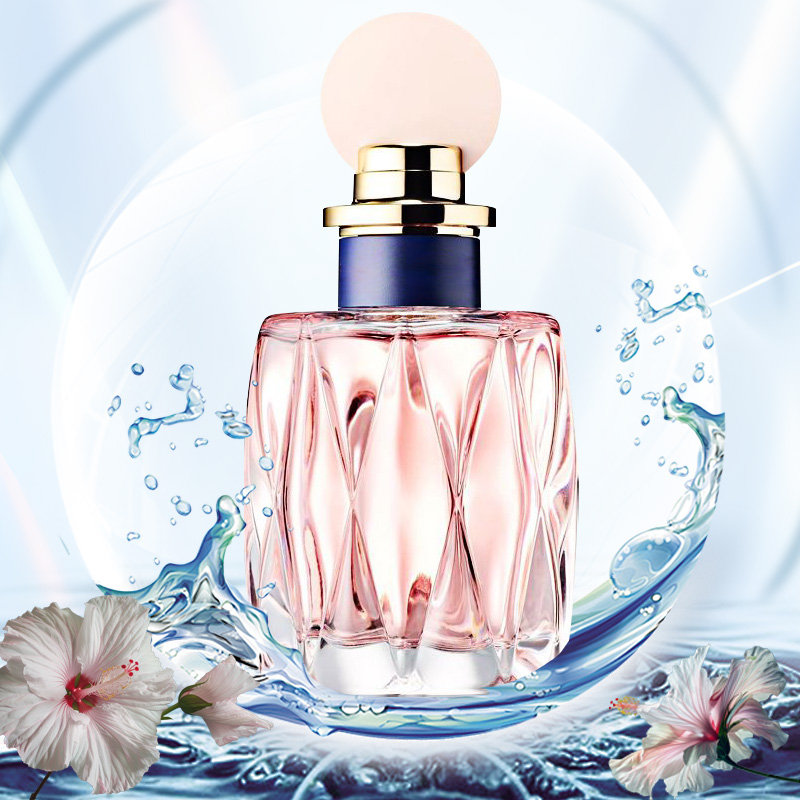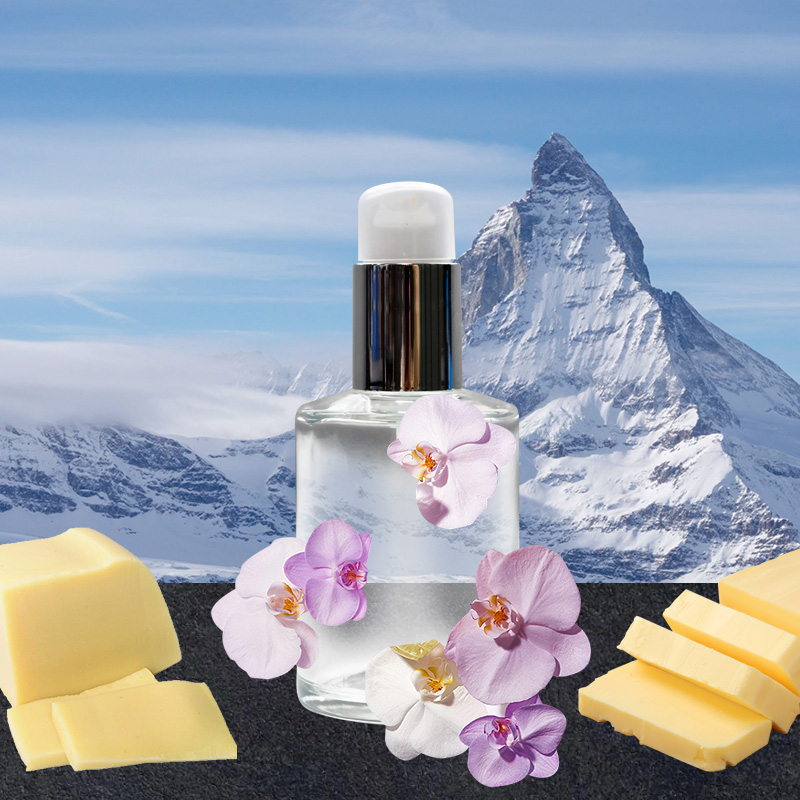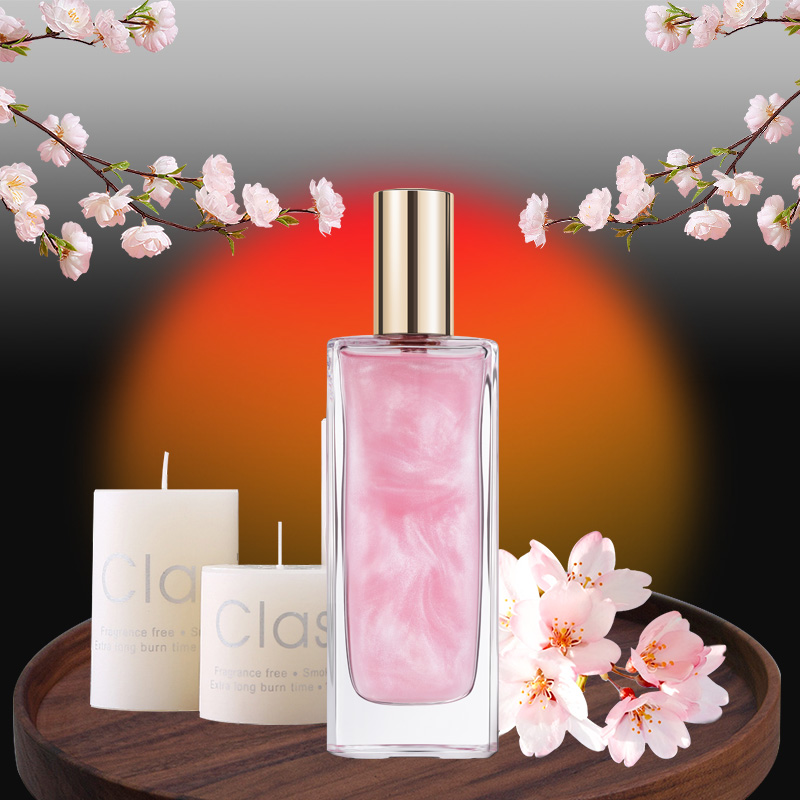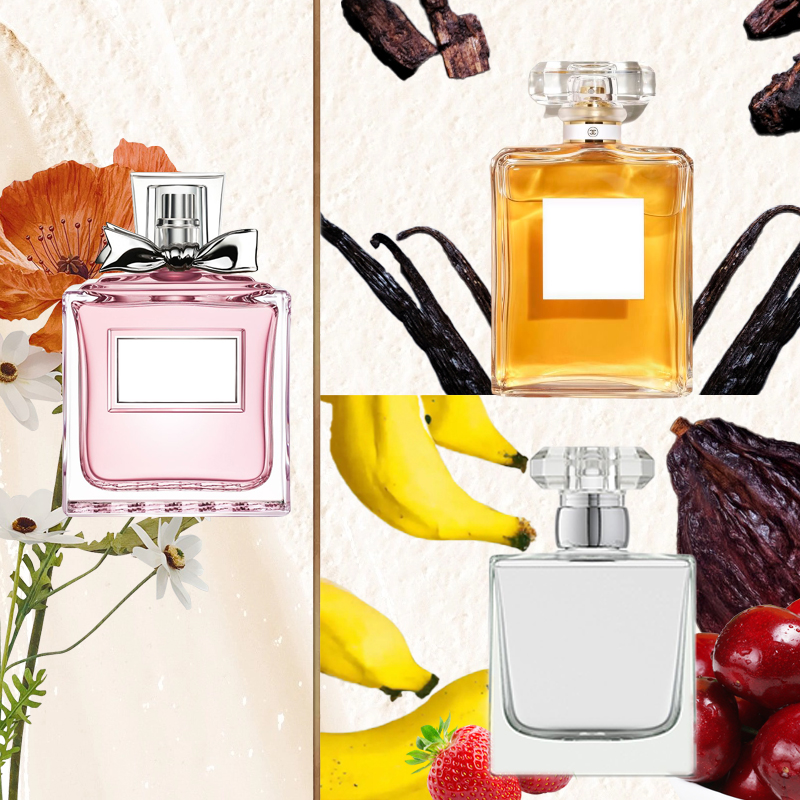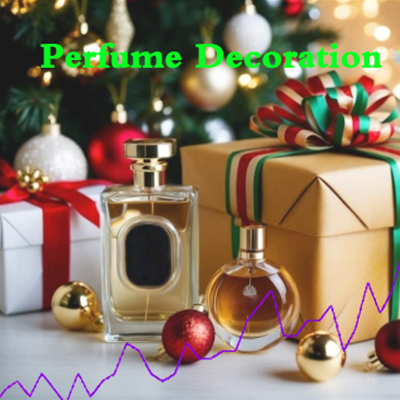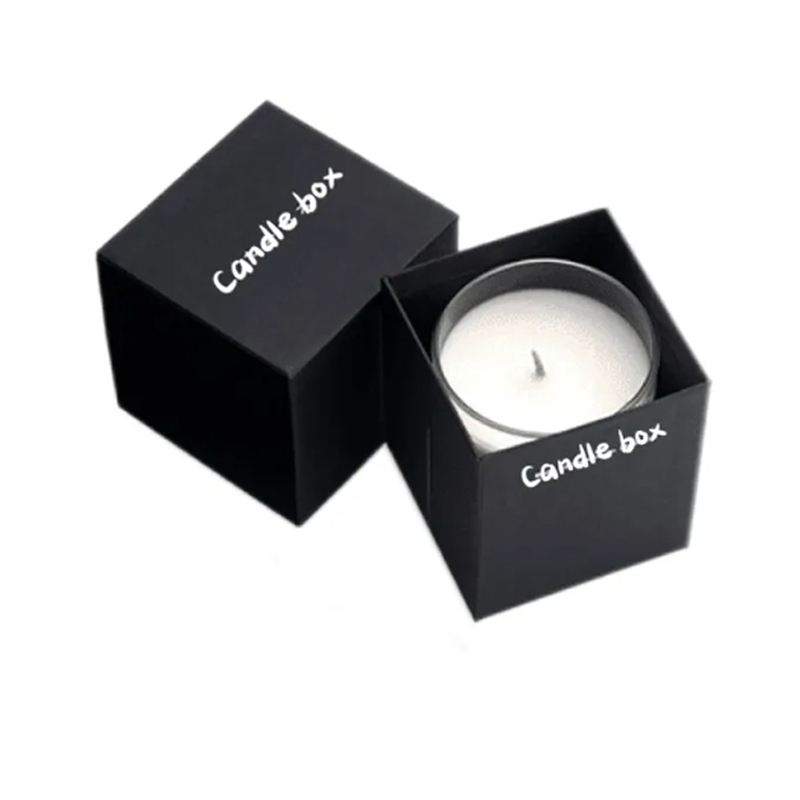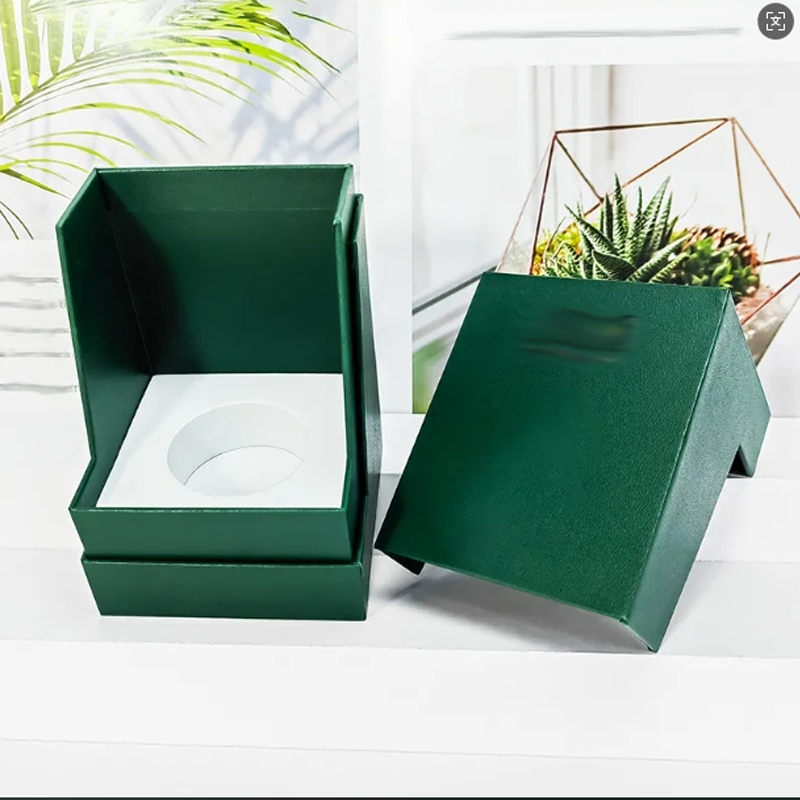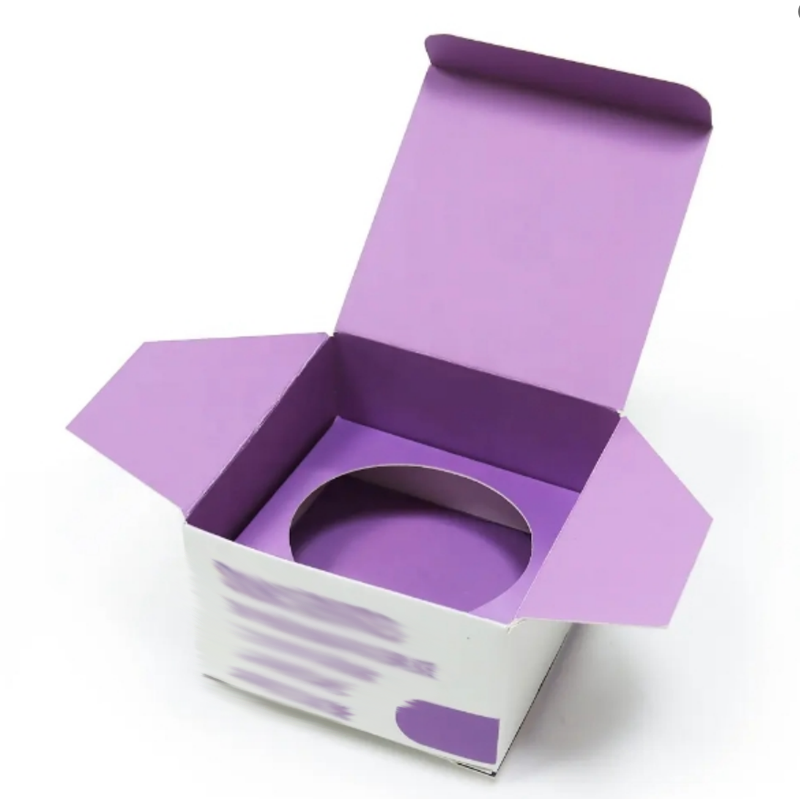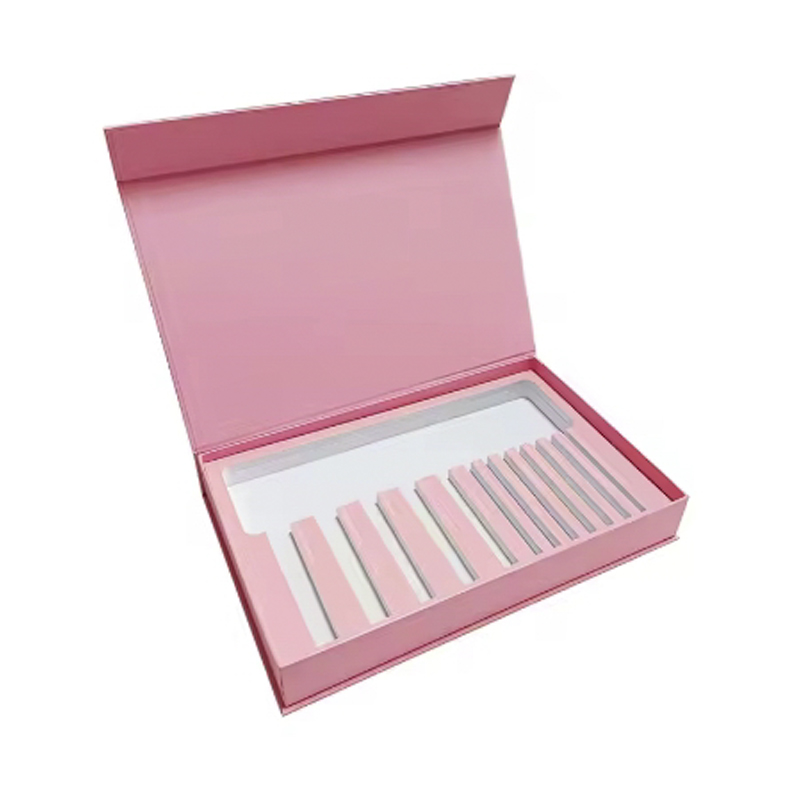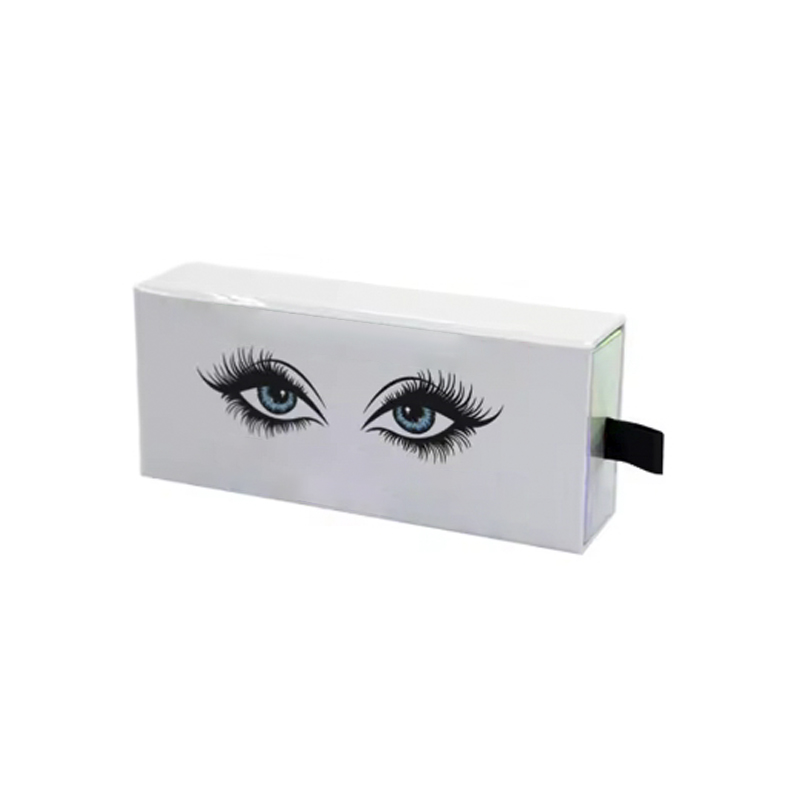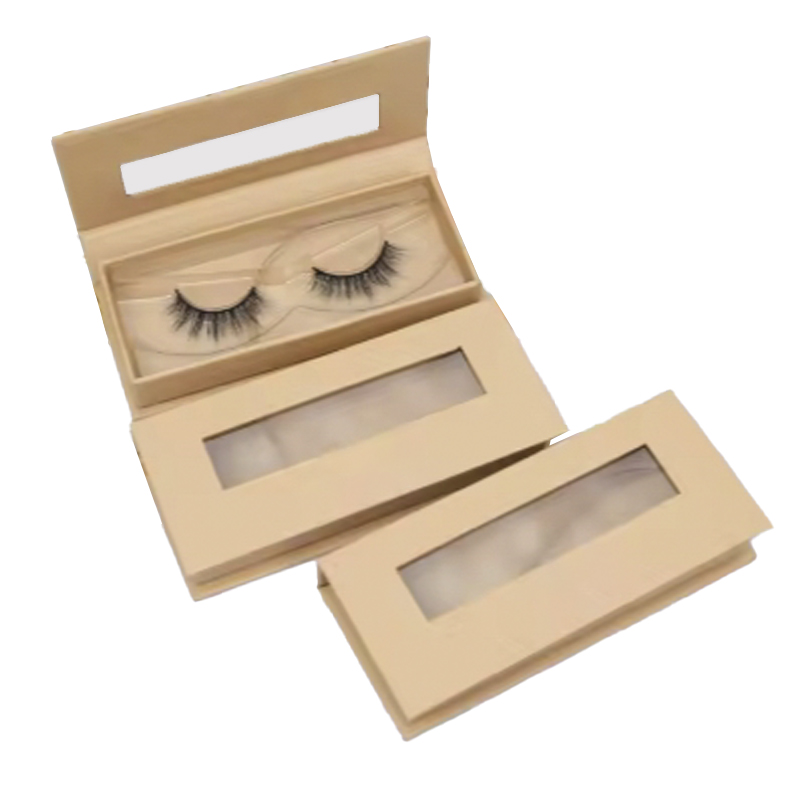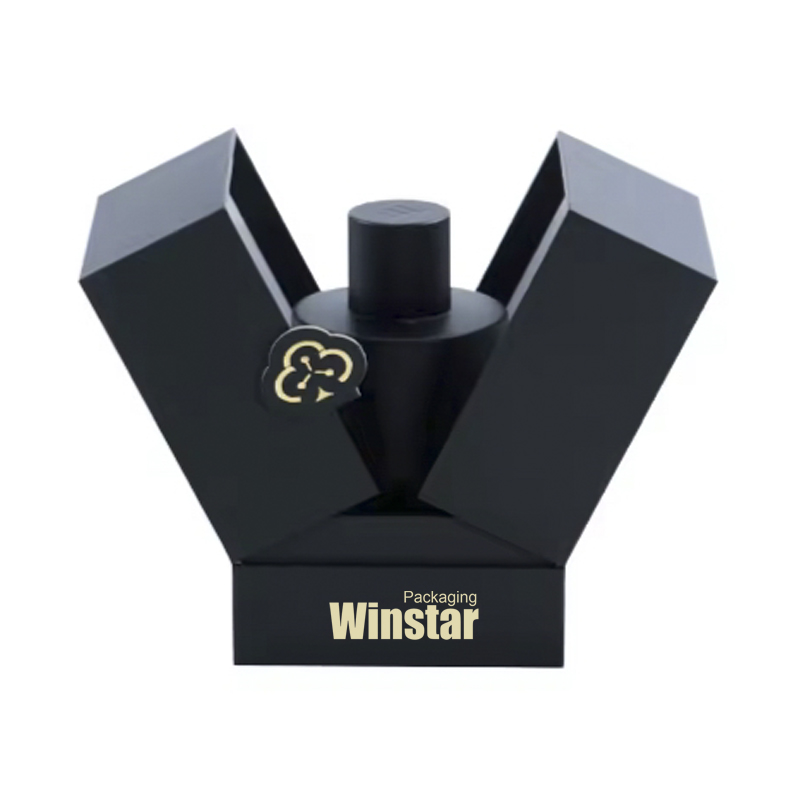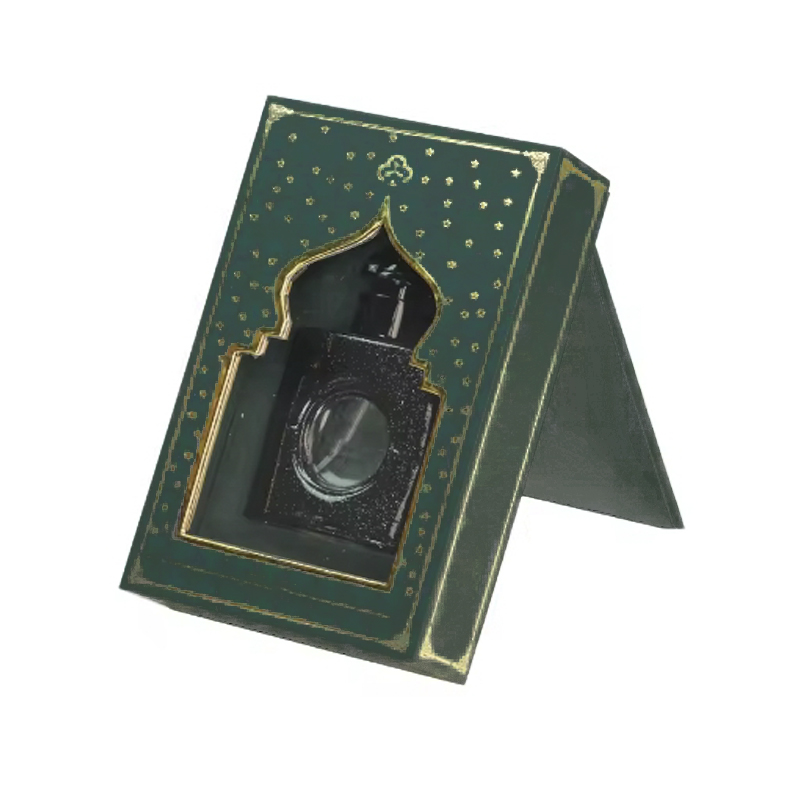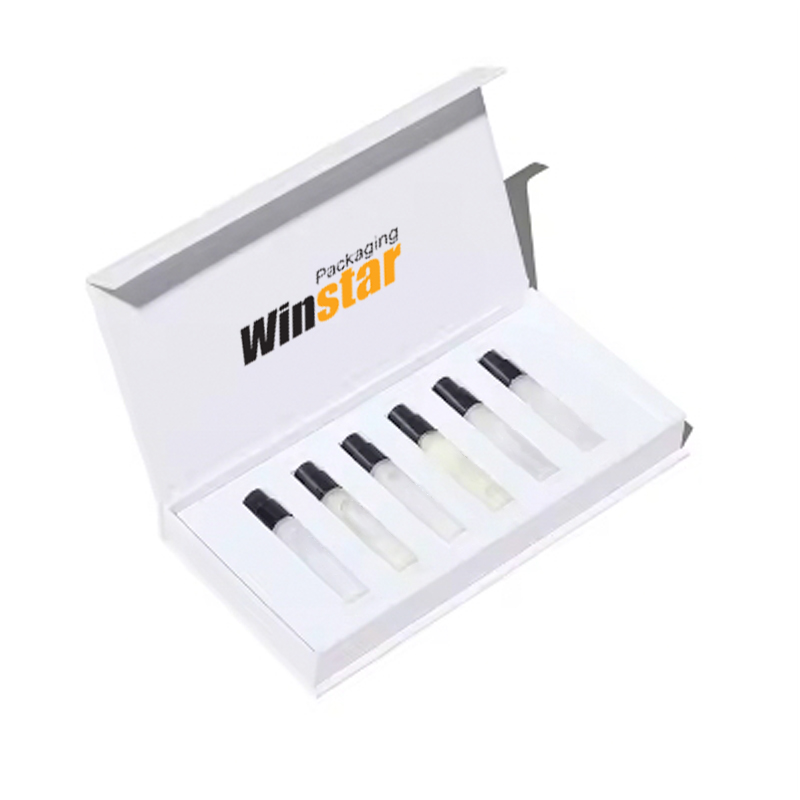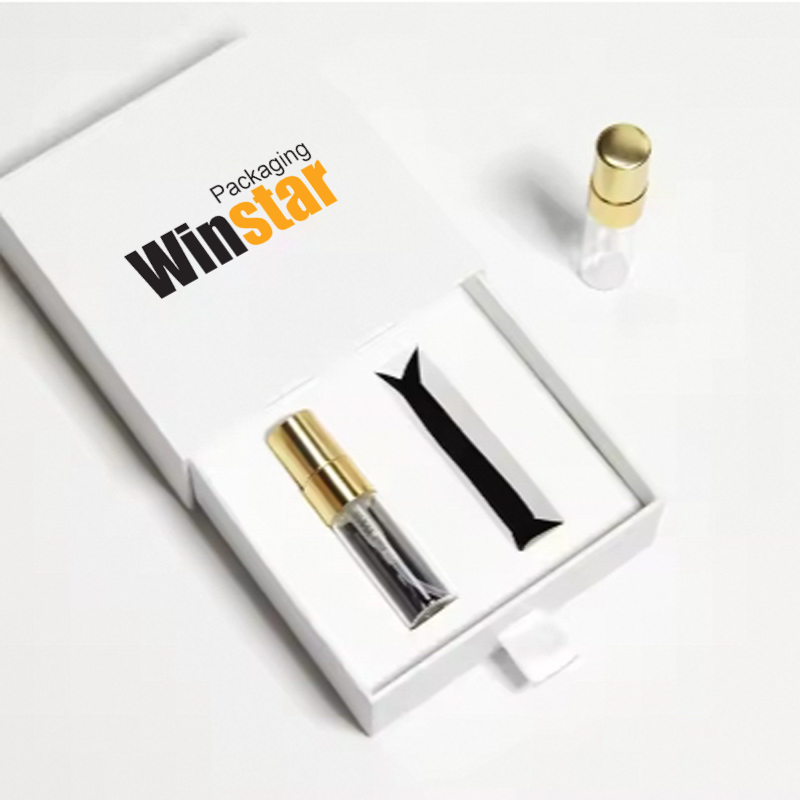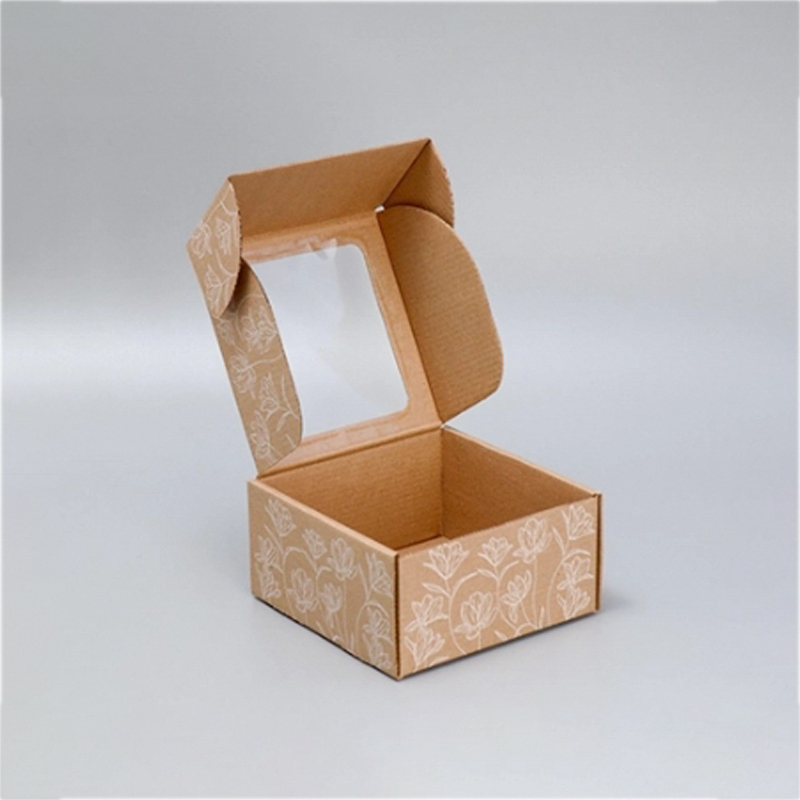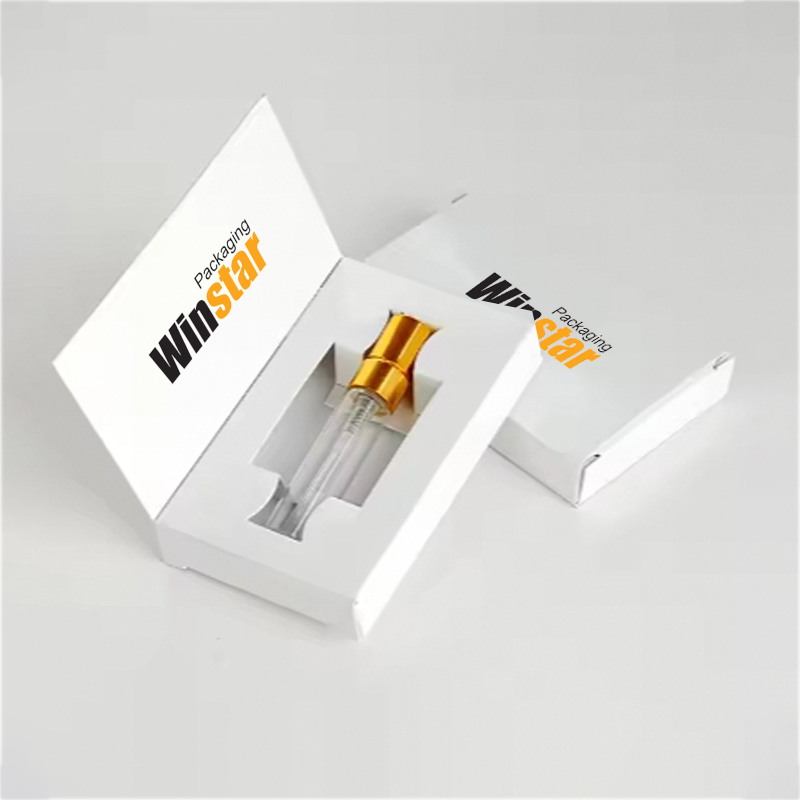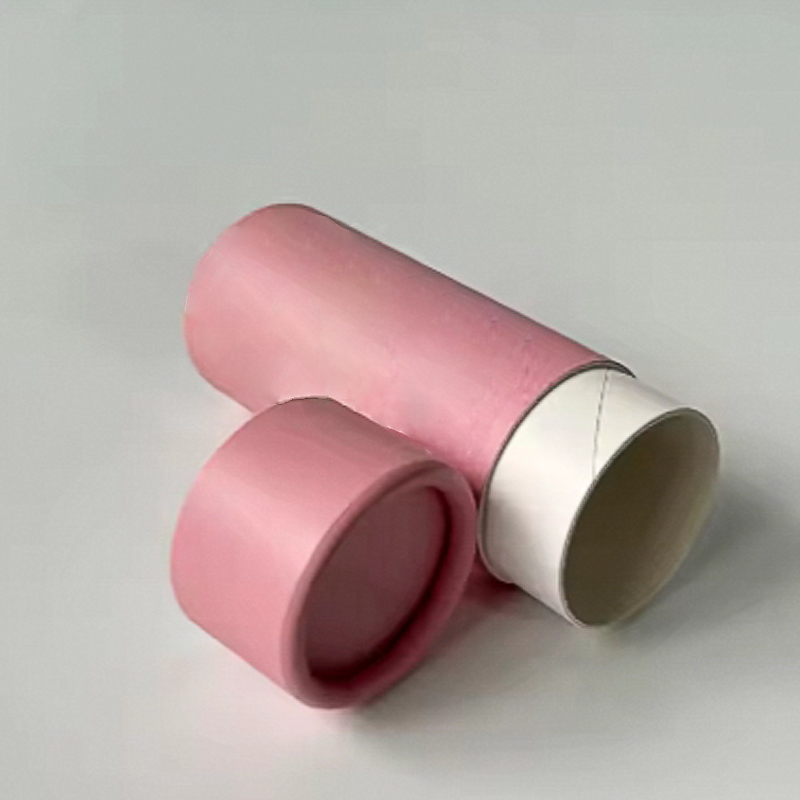Cologne, Perfume, Eau de Parfum, Fragrance, Scent and Aroma
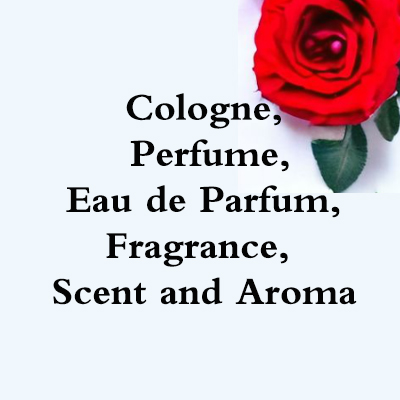
2024-12-20 15:03:32 Cologne Perfume Eau de Parfum Fragrance Scent and Aroma
Key Points:
The choice of fragrance product depends on personal preference, occasion, and need. If you prefer a strong and long-lasting scent, you can choose perfume; if you prefer a light and fresh scent, you can choose Eau de Parfum or Cologne.
The gender distinction between perfume and cologne is mainly due to marketing. Although both perfume and cologne can have feminine or masculine notes, perfume is usually marketed as a feminine fragrance, while cologne is marketed as a masculine fragrance.
Different types of perfume have different fragrance strengths, durability, and overall fragrance experiences due to their different fragrance concentrations.
Perfume: Derived from the Latin "per fumus," meaning "through smoke." Perfume has a long history dating back to ancient Egypt, Mesopotamia, and Cyprus. Traditional perfumes have a higher concentration and are more long-lasting.
Cologne: Originating from the German city of Cologne, it was first created by the Italian barber Giovanni Paolo Feminis in 1709. The original cologne was a versatile fragrance water, primarily citrus, herbal, and floral, with a lower concentration (2-5%).
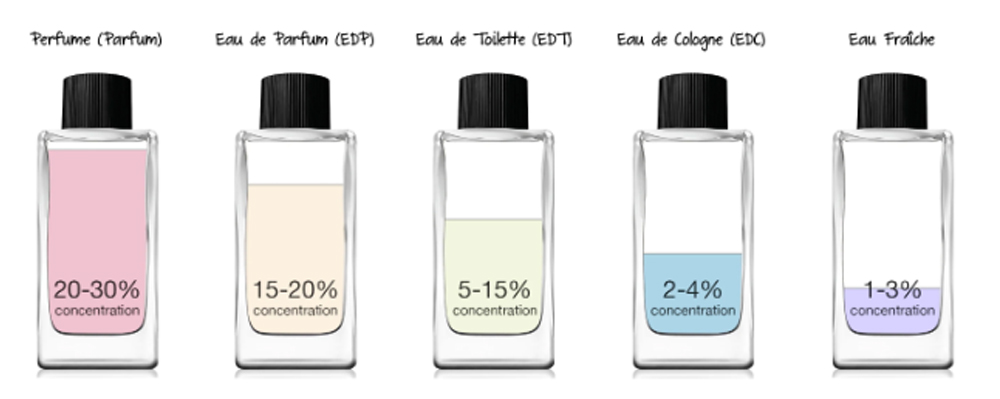
Fragrance Concentration: Fragrance concentration refers to the proportion of fragrance ingredients in the total volume of perfume. The higher the concentration, the longer the scent lasts.
Gender Roles: In the late 19th century, perfumes began to be gendered, with cologne considered masculine and perfume considered feminine. However, this distinction is gradually fading, and more and more brands are launching gender-neutral perfumes.
Different Names Explained:
Fragrance: Refers to any substance that emits a pleasant odor, including perfume, cosmetics, and home fragrances.
Perfume: Refers to liquid fragrance used on the body, usually made from essential oils of natural materials, but may also contain synthetic fragrances.
Scent: Refers to any substance that emits an odor, including food, plants, etc.
Aroma: Refers to a pleasant scent, usually associated with food.
Cologne: A type of perfume, but with a lower fragrance concentration than perfume; usually uses a traditional formula with herbal and citrus notes.
Essence: Refers to the base scent of a fragrance, the main component extracted from essential oils of plants.
Essential Oil: A liquid substance extracted from plants, containing aromatic and oily components.
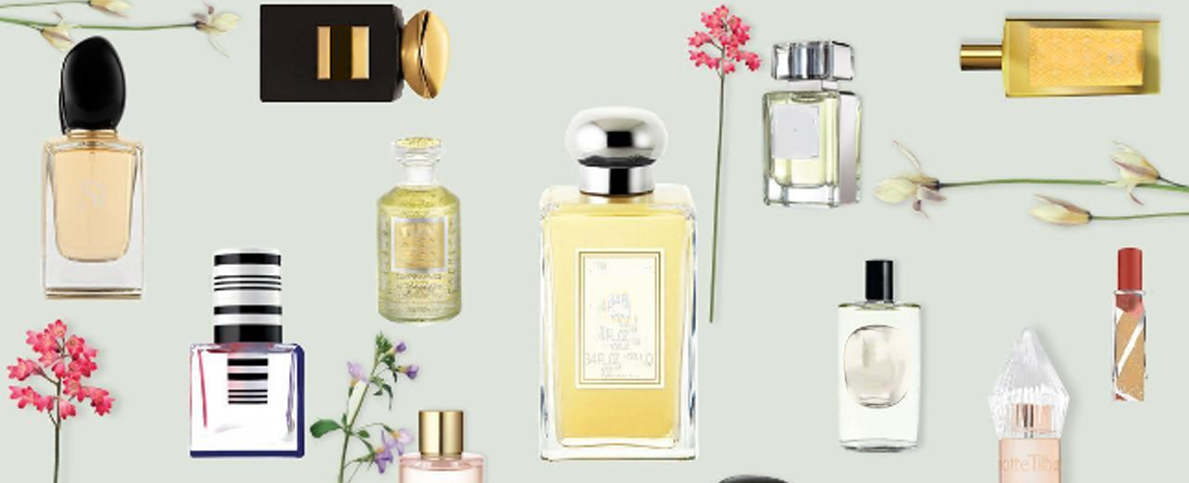
Tips:
Perfume has a strong, long-lasting scent, is versatile, suitable for oily skin or those who sweat easily, is portable, comes in various forms, and is suitable for sensitive skin. However, it is expensive, may contain synthetic fragrances, and the strong scent may be too intense.
Cologne is cost-effective, can be used continuously, comes in various forms, has a light scent, and is not too intense. However, it has a shorter duration, low-priced cologne may not have a long-lasting scent, the bottle design may not be convenient to carry, and the scent may be too light.
Fragrance Concentration Classification:
Different types of perfume have different fragrance strengths, durability, and overall fragrance experiences due to their different fragrance concentrations.
Extrait de Parfum: Highest concentration (20-40%), strong scent, longest duration (24 hours), suitable for special occasions.
Eau de Parfum: Higher concentration (15-20%), strong scent, long duration (6-12 hours), suitable for daily use.
Eau de Toilette: Medium concentration (5-15%), light scent, medium duration (3-8 hours), suitable for daytime use.
Eau de Cologne: Lower concentration (2-4%), light scent, shortest duration (1-3 hours), suitable for quick refreshment.
Eau Fraiche: Lowest concentration (1-3%), very light scent, shortest duration (30 minutes - 1 hour), suitable for hair sprays and other products.
Tips: Essential oils are complex mixtures containing hydrocarbons, ethers, alcohols, esters, and ketones. Examples include lemon, eucalyptus, mint, geranium, and rosewood.
Influence of Fragrance Notes:
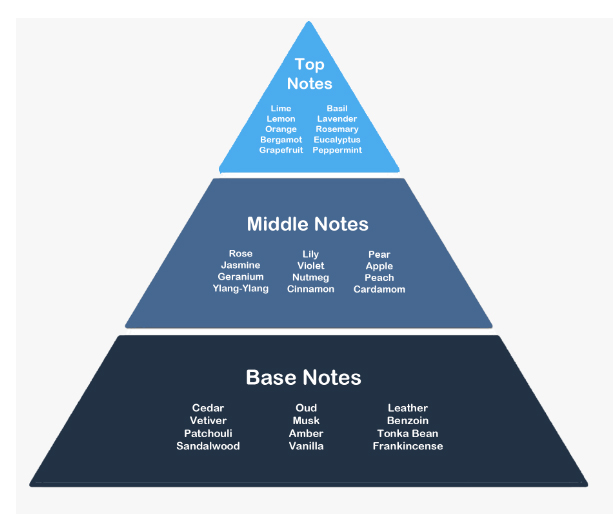
Top Notes: The top notes of perfume are the initial scent, usually fresh and light, such as citrus fruits or herbal scents.
Heart Notes: The heart notes of perfume are the scent that emerges after the top notes fade, usually more intense and complex, such as floral or fruity scents.
Base Notes: The base notes of perfume are the scent that lingers at the end, usually warm and long-lasting, such as woody, spicy, or vanilla scents.
Can Perfume Be Homemade?

While some bath and body care brands use safe fragrance oils to make products like lotions and soaps, these fragrance oils are usually inexpensive blends and are not suitable for making perfume. True perfume is carefully crafted using synthetic materials, professional perfume bases, and natural materials (essential oils, isolates, absolutes, concretes, CO2s, resins, and occasionally artist-made tinctures).
Applications of Fragrance:
Perfume: "High-end perfume" applied directly to the skin.
Skincare: Creams, cosmetics, etc.
Cleaning Products: Detergents, cleaners, etc.
Personal Care Products: Shower gels, bubble baths, deodorants, etc.
Tips: Perfume oil comes in both oil-based and alcohol-based forms. Modern popular perfume oil is made with oil as a carrier, usually coconut oil. The only difference between them and traditional alcohol-based perfume is the carrier.
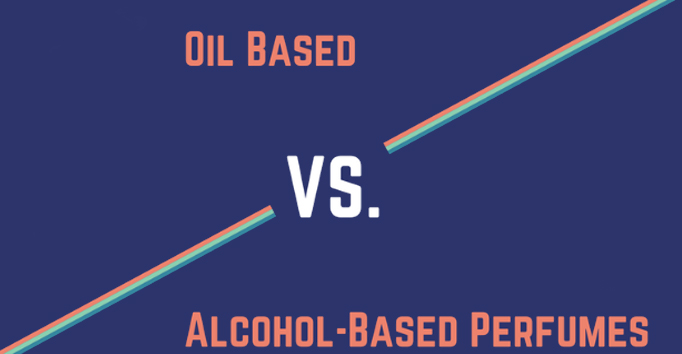
Selection Suggestions:
The choice of fragrance product depends on several factors, including fragrance type, fragrance concentration, personal preference, occasion, and need. Understanding the differences between different fragrance products and trying different products can help you better choose the fragrance that suits you and enjoy the pleasant experience it brings.
Consider the occasion: Choose perfume for special occasions, and Eau de Parfum for daily use.
Try the product: Before buying, it is recommended to try the product to make sure you like the scent.
Categories
Recent Posts
2025-02-28 15:47:07
2025-02-21 15:58:46
2025-02-18 16:06:43
2025-02-10 15:59:31
2025-02-08 16:40:29
2025-02-05 15:52:55
2025-01-25 18:37:40
2025-01-20 10:30:57
2025-01-15 09:25:25
2025-01-09 14:52:00
2025-01-01 15:56:37
2024-12-31 18:12:46
2024-12-30 16:54:11
2024-12-27 16:42:55
2024-12-26 17:03:02
Get Free Quote
Related products


